Aigars Reinis - Alfrēds Kalniņš: Organ Music (2023) [Hi-Res]
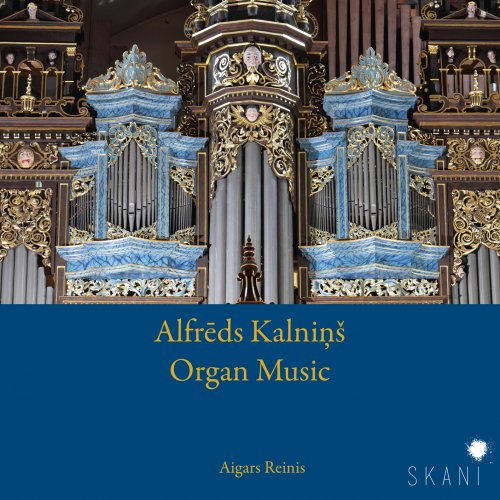
Artist: Aigars Reinis
Title: Alfrēds Kalniņš: Organ Music
Year Of Release: 2023
Label: SKANI
Genre: Classical Organ
Quality: flac lossless (tracks) / flac 24bits - 96.0kHz
Total Time: 01:57:09
Total Size: 538 mb / 2.09 gb
WebSite: Album Preview
TracklistTitle: Alfrēds Kalniņš: Organ Music
Year Of Release: 2023
Label: SKANI
Genre: Classical Organ
Quality: flac lossless (tracks) / flac 24bits - 96.0kHz
Total Time: 01:57:09
Total Size: 538 mb / 2.09 gb
WebSite: Album Preview
01. Kalnins Fantazija
02. Kalnins Pastorale nr. 1
03. Kalnins Introdukcija un allegro
04. Kalnins Introdukcija un allegro
05. Kalnins Scherzo
06. Kalnins Ziemassvetku supuldziesma
07. Kalnins Kazu marss
08. Kalnins Procesija
09. Kalnins Variacijas par Jana Kalnina temu
10. Kalnins Agitato
11. Kalnins Svetvakars
12. Kalnins Svinigs ievads no operas Banuta
13. Kalnins Seru marss no operas Banuta
14. Kalnins Preludija
15. Kalnins Pastorale nr. 2
16. Kalnins Variacijas par Jazepa Vitola temu
17. Kalnins Himna manai dzimtajai zemei
In his 3rd studio album, Aigars Reinis, the music director and organist of the Riga Cathedral, offers complete works for organ by his predecessor in this position - Alfreds Kalnins. The world premiere recording of these works is performed on the famous E. F. Walcker & Co organ, built in 1884 with four manuals and 124 registers, it was the largest pipe organ in Europe at the time of its unveiling. As a nine-year-old boy, when his little legs barely reached the pedalboard, Alfreds Kalnins sat at the organ in the church in his hometown in Latvia and led the congregation in a chorale by Martin Luther. That organ bench eventually became his throne, as Kalnins rose to become the most famous Latvian concert organist of his time. But first, from 1897 to 1901, he benefited from the teachings of organ professor Louis Homilius at the Saint Petersburg Conservatory. There, composition took over the young musicians's imagination, and he wrote his first ten solo songs. Over the years, that number rose to two hundred fifty s ongs. But in Saint Petersburg, Kalnins' only composition for organ was the Fantasia, which he self-critically and with a wry smile always referred to as the only improvisation he wrote down on paper. However, as a celebrated improviser, he performed at the organ thousands of times, extemporising on themes from melodies suggested by listeners as well as folk songs and, during Latvia's war of independence, soldiers' songs. It was also during that same war (1918/19) that he composed his first opera, Banuta, and founded the Latvian National Opera, at the same time composing works in the symphonic, choral, piano and other genres. A richness of northern feeling in conjunction with nature is one of the greatest features of Kalnins' unique Romantic musical character. He also found a place for his delicate, refined lyricism in the traditionally grandiose, broad musical dimension of organ music.
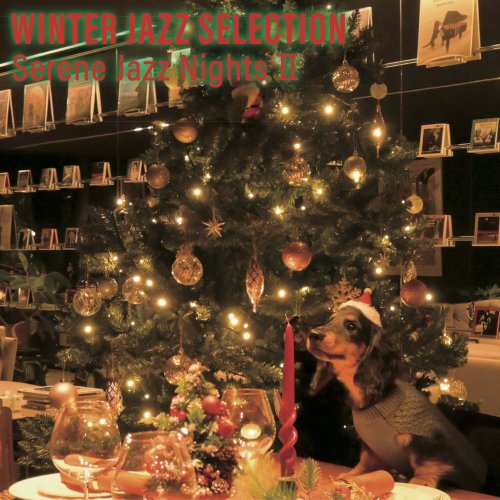
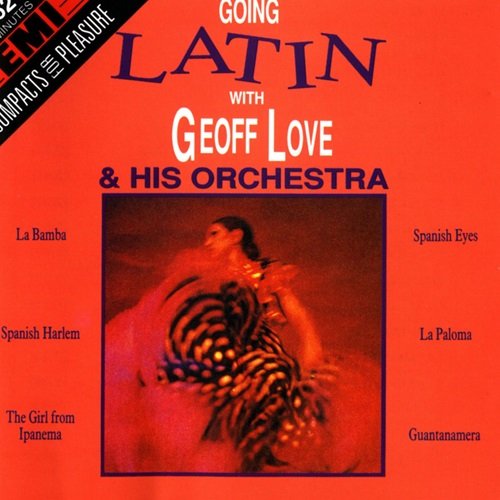
![Xavi Torres - Amsterdam Magic (2025) [Hi-Res] Xavi Torres - Amsterdam Magic (2025) [Hi-Res]](https://www.dibpic.com/uploads/posts/2025-12/1766061682_cover.jpg)
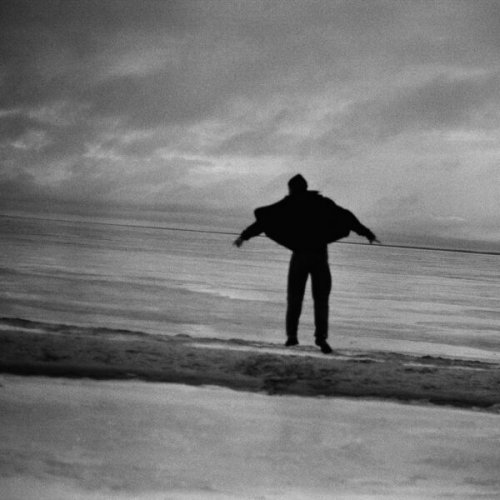

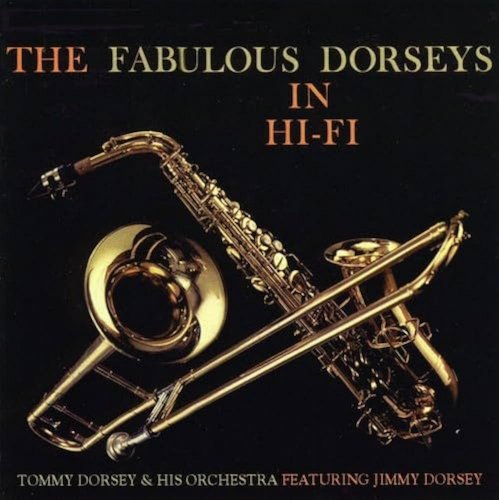
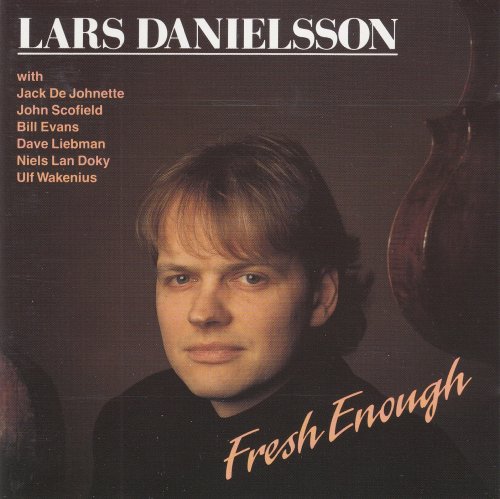

![Demo Rumudo - Second Nature (2025) [Hi-Res] Demo Rumudo - Second Nature (2025) [Hi-Res]](https://www.dibpic.com/uploads/posts/2025-12/1765883076_cover.jpg)